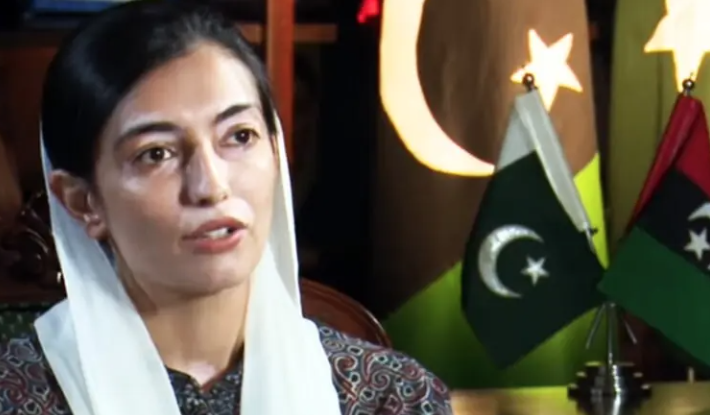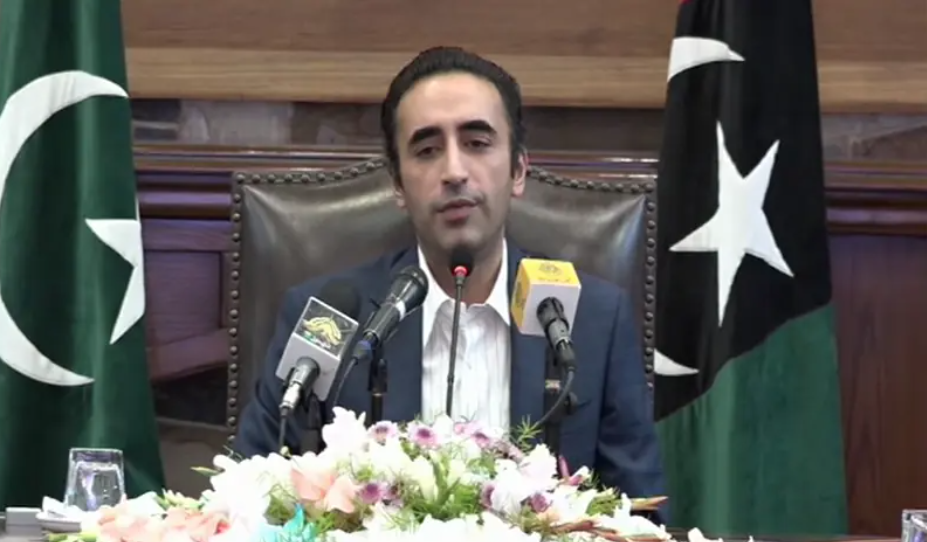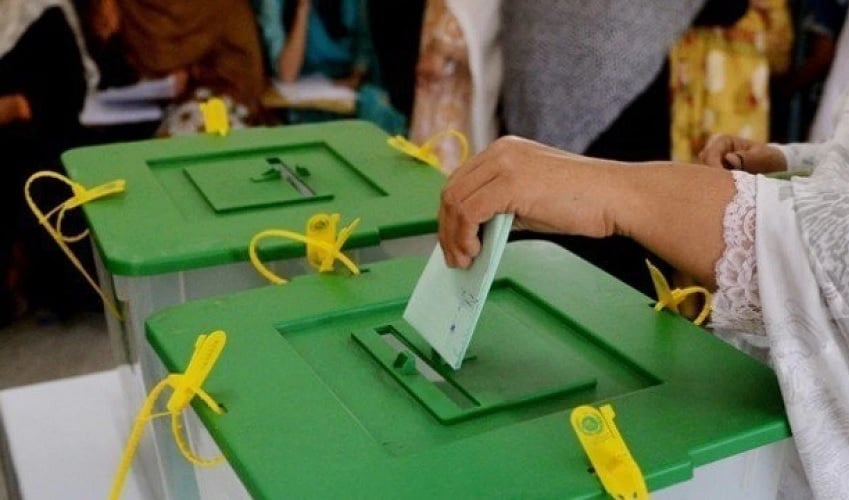POLITICS & POLICY MAKING

PPP leader, First Lady, and MNA Aseefa Bhutto-Zardari on Wednesday pressed for the use of the Benazir Income Support Programme (BISP) to distribute aid among flood-hit families in Punjab, calling it the “most effective” and “fastest” mechanism to reach millions of affected citizens.
Her remarks followed Punjab Information Minister Azma Bukhari’s announcement a day earlier that the provincial government would rely on its own relief cards rather than BISP to channel support. The move highlighted growing differences between the PML-N-led Punjab administration and PPP over the mechanism for distributing relief funds.
Aseefa’s Call for BISP Use
In a post on X, Aseefa noted that more than four million people had been impacted by the “unprecedented floods” in Punjab.
“Not utilising one of the state’s key organisations, which has both the data and the capacity to deliver assistance, would be irresponsible,” she wrote, reaffirming her party’s stance.
The PPP has for weeks urged the federal government to employ the BISP network — widely regarded as Pakistan’s flagship social safety net — to provide stipends to displaced and flood-affected citizens. Party leaders argue that the programme’s existing database and infrastructure make it uniquely positioned to deliver timely and transparent assistance, particularly to vulnerable women-led households.
Punjab Govt Pushes Back
However, Punjab Information Minister Azma Bukhari rejected the proposal in her press conference, announcing that the provincial government would instead issue its own relief cards. She argued that this approach would ensure aid reaches the rightful beneficiaries.
“We are focused on serving, not politicising,” she said, while taking a swipe at PPP: “Should we take advice from those who have turned Sindh into archaeological ruins?”
The Punjab government has unveiled a comprehensive compensation package, including Rs20,000 per acre for crop loss, Rs1 million for destroyed homes, Rs500,000 for partially damaged homes, and Rs500,000 for loss of cattle.
Broader Debate on BISP’s Future
PPP Vice President Sherry Rehman has also “strongly and repeatedly” advocated BISP’s use in relief distribution, raising the matter in Senate committee meetings.
But skepticism over the programme persists. On September 18, PML-N leader and Prime Minister’s aide Rana Sanaullah dismissed BISP as unviable in its current form, citing fiscal constraints. He suggested that the programme either needed a complete overhaul or be phased out.
Background on BISP
Launched in 2008, the Benazir Income Support Programme is Pakistan’s largest social safety net, aimed at providing direct cash transfers to poor and vulnerable households. It prioritises women as beneficiaries to strengthen household decision-making and welfare.
As floods devastate vast swathes of Punjab, the political tug-of-war over BISP has resurfaced, highlighting both the urgency of immediate relief and the longer-term question of how Pakistan delivers social protection in times of crisis.




